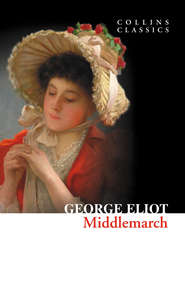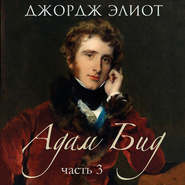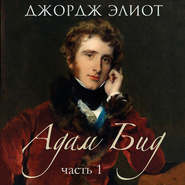По всем вопросам обращайтесь на: info@litportal.ru
(©) 2003-2025.
✖
Romola
Настройки чтения
Размер шрифта
Высота строк
Поля
10
“La vacca muglia” was the phrase for the sounding of the great bell in the tower of the Palazzo Vecchio.
11
The poorer artisans connected with the wool trade—wool-beaters, carders, washers, etcetera.
12
“Se vi pare che io abbia detto poche cose, non ve ne maravigliate, perchè le mie cose erano poche e grandi.”
13
He himself had had occasion enough to note the efficacy of that vehicle. “If,” he says in the Compendium Revelationum, “you speak of such as have not heard these things from me, I admit that they who disbelieve are more than they who believe, because it is one thing to hear him who inwardly feels these things, and another to hear him who feels them not; … and, therefore, it is well said by Saint Jerome, ‘Habet nescio quid latentis energiae vivae vocis actus, et in aures discipuli de auctoris ore transfusa fortis sonat.’”
14
The most recent, and in some respects the best, biographer of Savonarola, Signor Villari, endeavours to show that the Law of Appeal ultimately enacted, being wider than the law originally contemplated by Savonarola, was a source of bitter annoyance to him, as a contrivance of the aristocratic party for attaching to the measures of the popular government the injurious results of licence. But in taking this view the estimable biographer lost sight of the fact that, not only in his sermons, but in a deliberately prepared book (the Compendium Revelationum) written long after the Appeal had become law, Savonarola enumerates among the benefits secured to Florence, “the Appeal from the Six Votes, advocated by me, for the greater security of the citizens.”
15
The old diarists throw in their consonants with a regard rather to quantity than position, well typified by the Ragnolo Braghiello (Agnolo Gabriello) of Boccaccio’s Ferondo.















